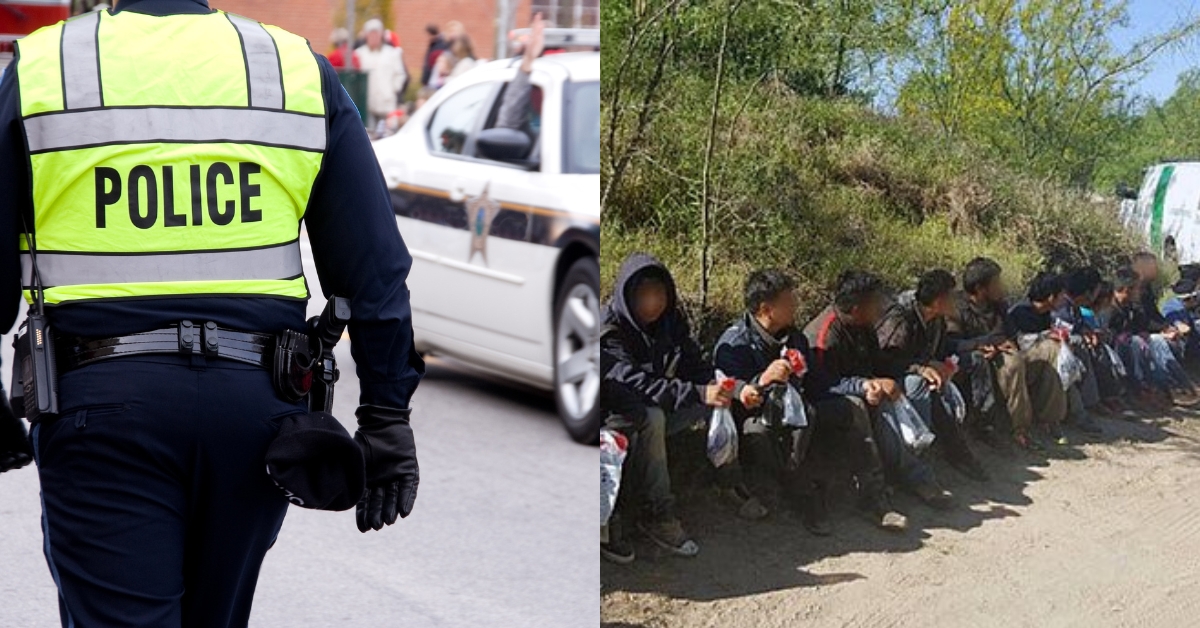
The FBI’s Suspicious Handling of the January 6th Pipe Bomb Case
In a revelation that should concern every American regardless of political affiliation, a former FBI agent has blown the whistle on the FBI’s handling of the January 6 pipe bomb investigation. This isn’t just about mishandling a case; it’s a glaring example of the cause of the loss of trust in our nation’s premier law enforcement agency.
Kyle Seraphin, a former FBI surveillance team leader, has come forward with alarming allegations about the Bureau’s approach to the pipe bombs planted at the Democratic National Committee and the Republican National Committee headquarters. According to Seraphin, the FBI quickly linked the bombs to a specific Metro fare card and a license plate, pointing to a retired Air Force chief master sergeant. However, instead of pursuing this hot lead, the FBI bizarrely pulled Seraphin’s team off the case, redirecting them to less critical January 6 leads.
This decision is baffling and deeply troubling. We’re talking about devices that caused concern among the public and that could have been deadly if they were real. Yet, the FBI chose to sideline a promising lead in favor of pursuing minor participants in the January 6 protests. It begs the question: What were the FBI’s priorities?
Seraphin’s account raises further doubts about the FBI’s competence and integrity. The contrast he draws between the dogged pursuit of minor January 6 offenders and the lax approach to a potential bomber is stark and unsettling. If the FBI is capable of tracking down individuals based on the most minute details, why was this significant lead not followed through with the same vigor?
The FBI’s handling of this case is indicative of a broader problem plaguing the agency. Instead of adhering to the principles of impartiality and thorough investigation, it seems swayed by political considerations. Such behavior undermines public confidence in the FBI’s ability to protect American citizens and uphold justice.
Furthermore, the fact that the FBI believed the pipe bombs were not a real threat, as indicated by the FBI’s briefing of Seraphin, only adds to the confusion and suspicion surrounding the agency’s actions. It is not just about incompetence; it’s about the credibility of the FBI’s narrative on the January 6 events.
Americans deserve answers. We need to know why the FBI seemingly disregarded a significant lead in a case that the agency offered a reward of $500,000 for tips leading to an arrest and conviction. This incident isn’t just a misstep; it’s symptomatic of a deeper crisis within the FBI. The American people must demand accountability and transparency from an agency tasked with ensuring our safety and upholding our laws.
The January 6 pipe bomb case is a stark reminder that the effectiveness and integrity of our law enforcement agencies are crucial to the security and justice of our nation. It’s high time for a thorough and unbiased investigation into the FBI’s conduct to restore public trust and ensure such glaring missteps are not repeated.











